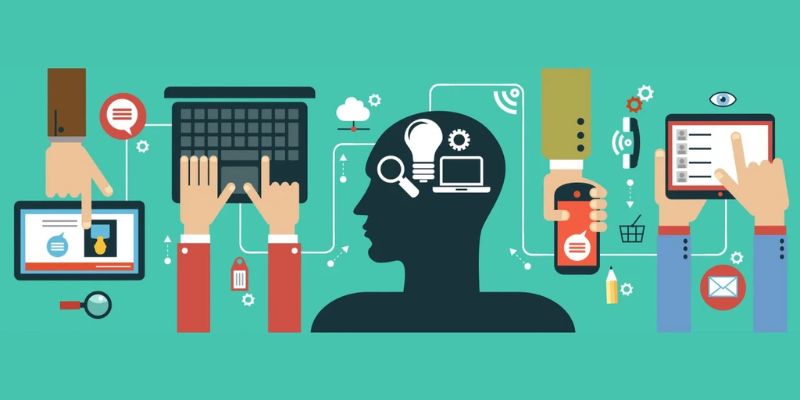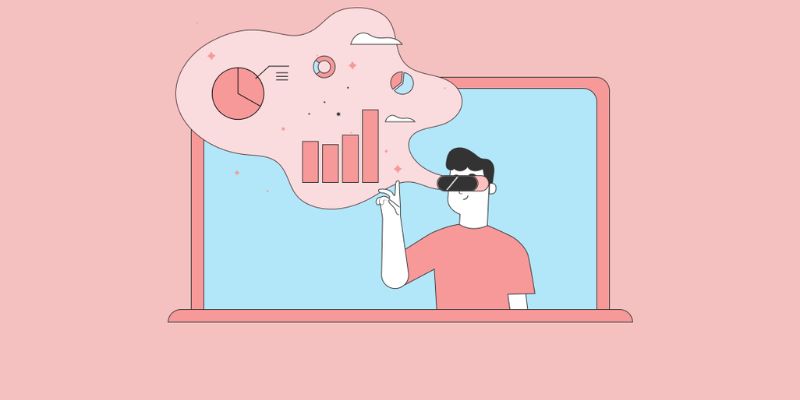Navigating Digital Domains: How International Organizations Shape Platform Regulation
We live in a world buzzing with digital activity, but who sets the rules? That’s where the role of international organizations in platform regulation comes to light. They are the leaders in crafting the norms that balance expression with responsibility online. Walk through this exploration of their influence over the sprawling realms of the internet. From the UN’s hand in moderation to the WTO playing a pivotal part in governance, join me in untangling this complex web of digital domain navigation.
Understanding the Scope of International Influence on Digital Platforms
The Role of the UN in Establishing Baseline Content Moderation Standards
When we talk, listen, or share online, we want to feel safe and respected. That’s where the UN steps in. It helps set rules on what online platforms can show and what they must block. These rules aim to stop harm but keep free speech. The UN guidelines on content moderation protect us all by creating a safer online space.
If you’ve ever wondered who makes sure things stay fair on the internet, you’re not alone. It’s a big task, but the UN is up to the challenge. They work hard so we can all speak our minds online, without running into hate or lies.
WTO’s Involvement in Shaping Online Platform Governance
Now, let’s chat about the WTO. They’re a group who deal with rules about buying and selling things between countries. This includes stuff we can’t touch, like services that live on the internet. They want to make sure that rules for digital trade are clear and fair for everyone.
Think of it like a soccer game. Without rules, things get messy. WTO helps write the rulebook for the digital playing field, making sure no one has an unfair advantage.
WTO talks about how we should handle information that crosses borders on the internet. This can affect many things, like videos we watch or posts we share with friends. They are also looking into how big tech companies should operate around the world.
When the WTO sets these rules, they help us use our favorite websites and apps without worrying too much. It makes sure we get a fair chance at all the fun and useful stuff online.
Both the UN and the WTO play crucial roles in making the digital world a better place for us. They tackle tough issues, like making sure our data stays private but also flows smoothly across the world. Their work helps us trust that our favorite internet places are safe and sound. This makes our online time better, whether we’re learning, playing, or chatting with friends.
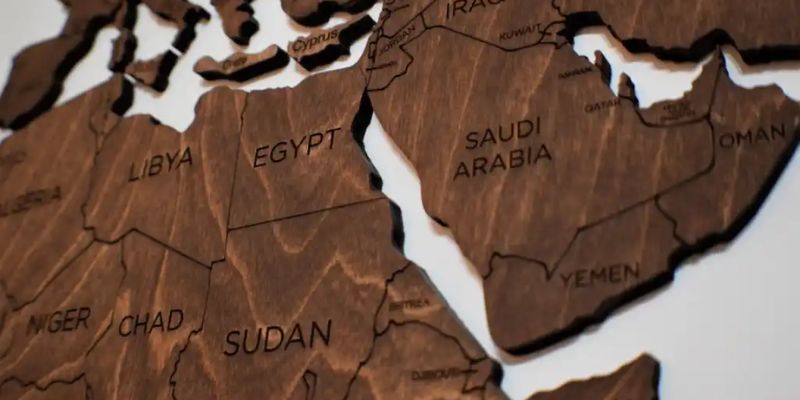
Striking a Balance: Data Privacy and Cross-Border Concerns
OECD Principles and Their Impact on Global Data Policy Harmonization
The big question is: What are the OECD principles? They are rules to guide digital actions. They aim to protect how we use and share data worldwide. The OECD set these rules to make sure all countries play fair. It’s like having rules for a game. This way, everyone knows what to do and what not to do.
Now, why does this matter to us? When we shop online, chat, or share on social media, our data crosses borders. These rules help keep our information safe. They make sure countries work together to protect our privacy. This helps us trust the websites and apps we use every day.
These rules also help businesses. They can follow the same privacy rules when they work around the world. This makes it easier to sell things and connect with people everywhere.
Next time you go online, remember there’s a big effort to keep your data safe. It’s all thanks to international rules like the OECD principles.
Mechanisms for International Collaboration on Cyber Laws and Data Flows
What does “international collaboration on cyber laws” mean? Countries work together to make laws that keep us safe on the internet. They also make sure the data we send across borders doesn’t get stolen or lost.
Think about it like a team sport. Just as teams work together to win, countries work together to fight cybercrime. They share tips and tricks on the best ways to keep us safe. When they share, they help stop bad guys who use computers to steal or cause harm.
They also talk about how data moves from one country to another. This is like passing a ball in that team sport. They must work together to pass data safely and not drop it.
When countries work as a team, they help make the internet a safer place for everyone. They make sure we can all talk, shop, and learn online without worry. They protect us from people who want to break the rules. It takes a lot of work, but when they succeed, we all win.
This may sound complex, but the goal is simple: keeping you safe in the online world. Next time you use the internet, remember, there’s a global team looking out for you. They make sure you can enjoy the digital world without fear.
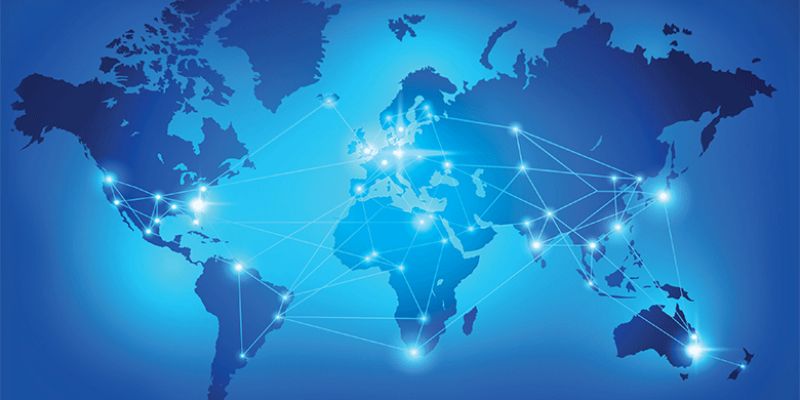
Creating Consensus: Global Agreements on Digital Regulation
The Significance of G7 and G20 Commitments in Platform Regulation
Big meetings like the G7 and G20 shape rules for online spaces. These groups gather the world’s major economies. They make pledges that guide how countries oversee digital platforms. They focus on keeping things safe and fair for everyone online.
Take the G7. When its leaders agree on digital rules, it sends a strong message. It says, “We have a shared vision for managing tech giants.” They tackle issues like harmful content. They also make sure that tech growth benefits everyone.
The G20 also plays a big part. This group includes more countries. So, their decisions touch even more people’s lives. They deal with stuff like how data crosses borders. They aim to protect your private information no matter where it goes.
At these meetings, countries find common ground on digital issues. They come up with plans to keep the internet under watch. This helps everyone know what’s okay to share and do online.
UNESCO’s Framework and Media Development Indicators in Cyberspace
UNESCO helps guide how countries deal with information online. They have what’s called a “framework.” This set of rules helps make sure the news and info we get online is good stuff. The framework uses something special called “media development indicators.”
These indicators are like a checklist. They look at things like, “Can people get the info they need?” and “Is the news out there reliable?” Countries can use this checklist to see how they’re doing. And then work to do even better.
UNESCO wants the internet to be a place where everyone can share ideas safely and learn from others. With these tools, countries can help make that happen. It’s like having a game plan for keeping the internet healthy and helpful.
By using these guides, countries around the world can help each other. They make sure the rules and tools we have protect us online. International groups play a huge role. They bring us together to figure out the best ways to handle tech and keep it helpful.
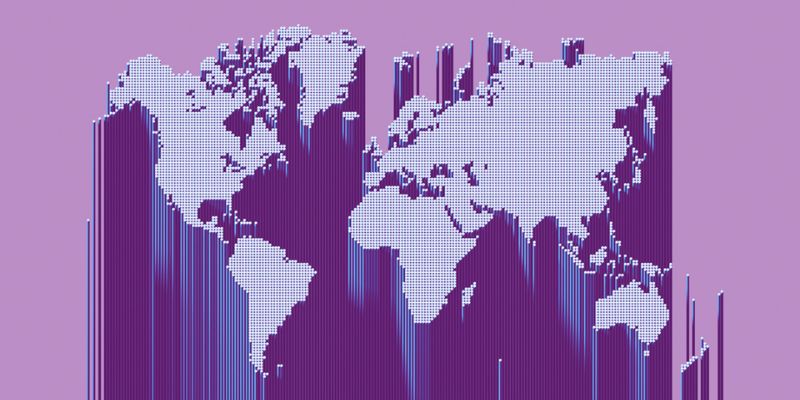
Advancing Cyber Diplomacy and Multi-stakeholder Participation
Diplomatic Strategies for Global Tech Regulation and AI Norms
I live and breathe cyber policy strategy. My job? Make tech safe for us all. A big part of that is creating rules for international regulation of digital platforms. This helps countries work together to govern tech giants and artificial intelligence. Not easy, right? Every country has its own views. The challenge is to bring these views into harmony.
For example, when we speak about UN guidelines on content moderation, we’re talking about rules that all countries can agree on. This means pushing for rules that respect free speech while tackling false info spreading like wildfire online. This helps keep the digital space fair and safe.
Now, you might ask, how do these rules become real? It all starts with talks at big tables, where world leaders and experts meet. We stare at screens, shuffle papers, and strive for a fair deal for digital cooperation among countries. The result? Agreements like the G7/G20 commitments on digital regulation. They’re like vows that countries take to play nice in the digital sandbox.
At these tables, we don’t just talk. We scheme. How can we make rules that stick, across all borders? Like how to handle private info zipping around the globe. Or, how to crack down on cyber bad guys who think they’re beyond the law.
Public-Private Partnerships: Vital Players in International Platform Regulation
Peek into the tech world, and you’ll notice: it’s not just countries calling the shots. Big and small tech firms are key to this massive puzzle. That’s where public-private partnerships in platform regulation come in. They’re a sort of power duo: governments and companies doing a dance to juggle profits, privacy, and police work.
These partnerships tackle things like global digital inclusion efforts. We want everyone, everywhere, to ride the tech wave, not just folks in flashy cities. That’s the heart behind universal digital economy rules. They level the playing field, so a farmer in Kenya can tap into the same online markets as a big-time trader in New York.
Let’s shine a light on another big term: transnational enforcement of digital policies. Sounds fancy, but it’s about making sure rules for online stuff work across the world. Companies can’t play hide-and-seek with rules just because they’re in a different country. And it’s not just about playing defense. It’s also about growing good seeds, like incubating new tech that can change lives without crossing lines.
In my work, the strive for safe digital lands is never done. Every day, I tangle with tough questions on how to keep our online world open, just, and within bounds. It’s about making sure that as our lives zoom onto screens, our rights, our safety, and our opportunities don’t get left behind. That’s why I’m at that table, pushing for rules that work for us all.
We’ve dug deep into how big orgs shape our online world. The UN makes rules to keep content in check. The WTO guides how platforms work. It’s huge for our global chats.
Data privacy is another tricky part. The OECD sets the ground rules, and nations team up to keep our info safe. It’s like a big group project, but for cyber laws.
And don’t forget – we need everyone to agree. The G7 and G20, they’re on it, pushing for solid ground rules. UNESCO’s in the game too, checking on media growth in the digital space.
Lastly, cyber talks are getting serious. Nations are joining forces to make sure tech plays nice. And companies? They’re in on the talks too. This teamwork is key for safe, fair web rules.
So there you have it. It’s clear when we team up, we can build a web that’s good for all. Let’s stay sharp and keep pushing for a free, fair digital world for everyone.
Q&A :
What is the significance of international organizations in platform regulation?
International organizations often play a pivotal role in the regulation of digital platforms, as they can set global standards and facilitate cooperation among countries to ensure fair practices, protect consumer rights, and enhance cybersecurity. They can provide a framework for balancing the interests of various stakeholders, including platform operators, users, and governments.
How do international organizations influence global platform regulations?
International organizations influence global platform regulations by developing guidelines, best practices, and policies that transcend national borders. They may also provide forums for multinational dialogue, helping to align different legislative approaches and promote a cohesive regulatory environment for digital platforms. Their policies often serve as references for national laws or bilateral agreements.
Which international organizations are involved in platform regulation?
Multiple international organizations are involved in platform regulation, including the International Telecommunication Union (ITU), the Organisation for Economic Co-operation and Development (OECD), the World Trade Organization (WTO), and the Internet Corporation for Assigned Names and Numbers (ICANN). Each brings a different focus and expertise to the table, from telecommunications and trade to internet governance.
Can international organizations enforce platform regulation?
While international organizations can set guidelines and standards for platform regulation, their enforceability often depends on the adoption and implementation by individual member states. These organizations typically do not possess direct enforcement powers but rely on the voluntary cooperation of states and the influence of international consensus to realize regulatory objectives.
What challenges do international organizations face with platform regulation?
International organizations face various challenges, including reconciling diverse legal systems and cultural norms, ensuring effective compliance across jurisdictions, and staying abreast of rapidly evolving technology. Additionally, there is often a tension between national sovereignty and international regulatory efforts, which can complicate the creation and enforcement of global regulations.


